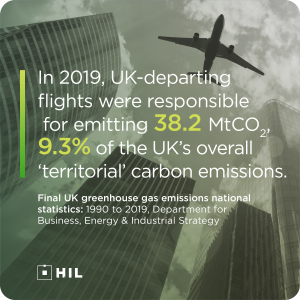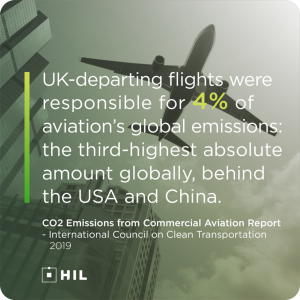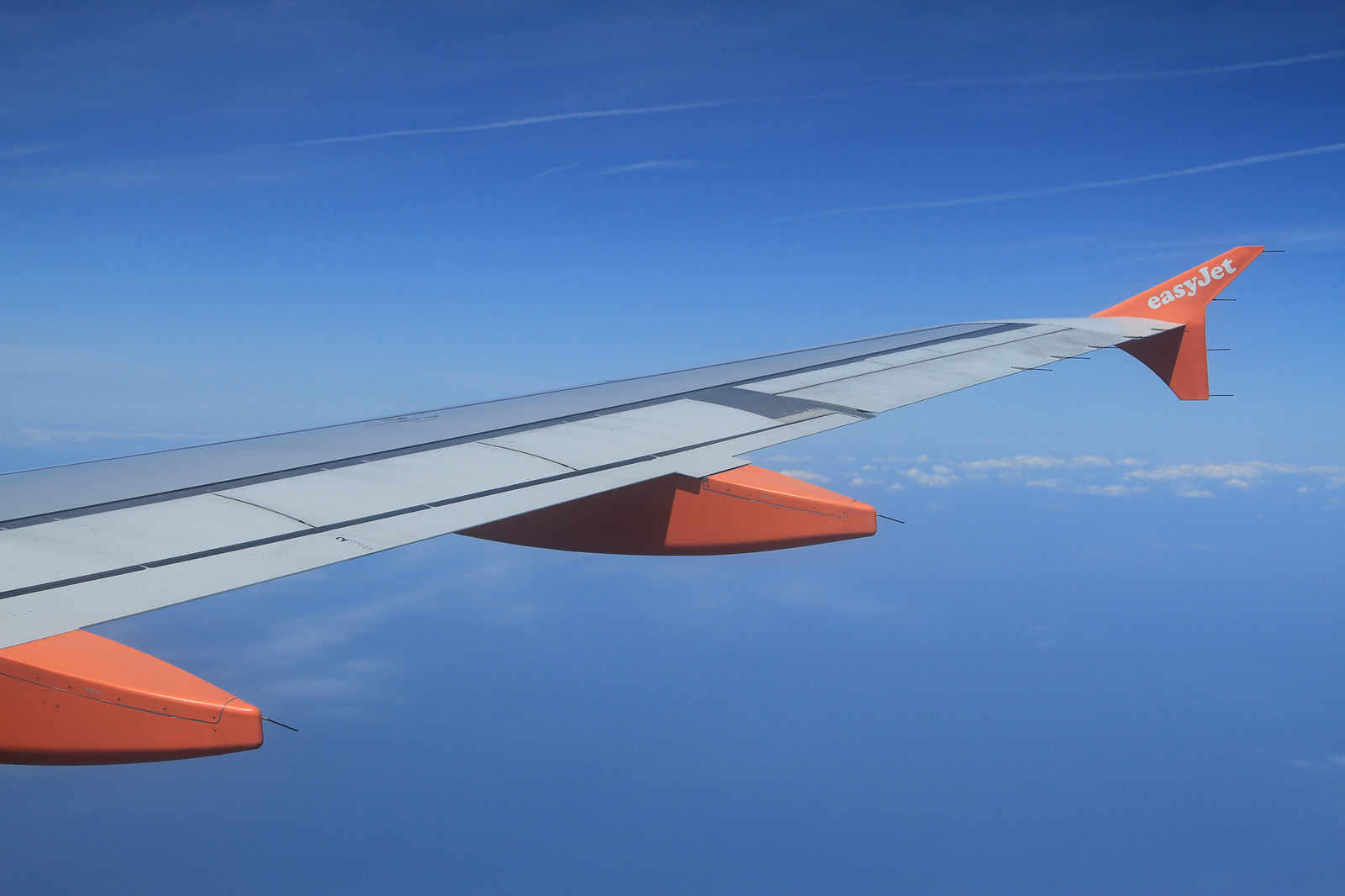Concept To Reality: Planes Running On Batteries And Hydrogen

A new group of aviation experts across industry and the government will work together to make the zero-emission flight a reality. Hydrogen Industry Leaders look at the plan to see planes running on batteries and hydrogen becoming a reality and what this means for the future of transport.
A study by Transport & Environment revealed that in 2019, UK-departing flights were responsible for emitting 38.2 MtCO2, 9.3 per cent of the country’s overall ‘territorial’ carbon emissions. UK-departing flights were also responsible for 4 per cent of aviation’s global emissions, the third-highest absolute amount globally, behind the USA and China.
Changes must be made if the UK is set to reach our current net zero targets; this is what the Zero Emission Flight Delivery Group hopes to achieve.
Industry and government are working together to make the zero-emission flight a reality
Transport Secretary Grant Shapps and Business Secretary Kwasi Kwarteng have brought individuals together to create the Zero Emission Flight Delivery Group, which has focused on catapulting the latest innovations in aviation decarbonisation technology.
Launched at the fifth meeting of the Jet Zero Council, the new group will help to position the UK at the forefront of the global shift to green aviation by supporting the development of zero-emission aircraft and airport infrastructure.
Sitting under the Jet Zero Council, the group will focus on the technology, infrastructure, and regulation needed to make the zero-emission flight a reality.
At a recent Jet Zero Council meeting, the Transport Secretary, Grant Shapps, said: “From the first jet engine created here in the UK, Britain is genuinely a world leader in flying. Now we are determined to revolutionise aviation, and we want to see everyone have the opportunity to travel guilt-free.
We are determined to bring forward the flight technology of the future. Through our new Zero Emission Flight Delivery Group, we will help create thousands of jobs around the country and take another step toward zero-emission flights.
The new group will be led by aviation expert Rachel Gardner-Poole, who joins with over 20 years of experience in military and commercial aviation, both in the public and private sectors.
Currently, Rachel is the Chief Operating Officer for the Connected Places Catapult; Rachel has previously worked at the Civil Aviation Authority, the UK Space Agency, and IBM.
Zero Emission Flight Delivery Chair Rachel Gardner-Poole said: “It is a great privilege to be asked to chair the ZEF Delivery Group. I am committed to the critical work ahead to make zero-emission aviation a reality.
I am passionate about using innovation and technology to create a positive impact on our planet and look forward to collectively addressing the challenges and opportunities that lie ahead of us.
The government is investing millions to reach a net-zero target
Through the ATI Programme, the UK government is investing in aerospace R&D, and £685 million will be provided over the next three years.
In addition, the government is providing £125 million of support for Innovate UK’s Future Flight Challenge. Successful projects will be announced in the challenges’ third funding competition, including those advancing electric flight technologies that will support the operation of sub-regional aircraft and the UK in reaching our net-zero target.
Aviation becoming more sustainable is a crucial factor in reaching our net zero targets. Planes running on batteries and hydrogen could be the step we need towards zero-emission flights.

